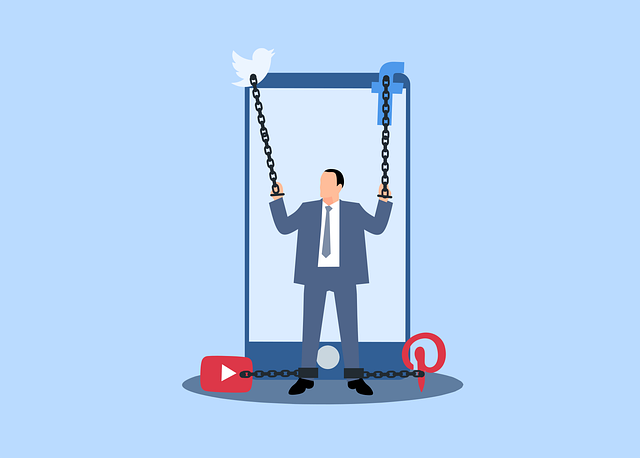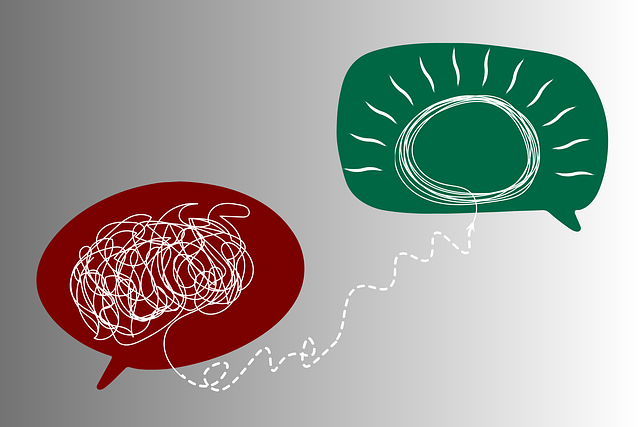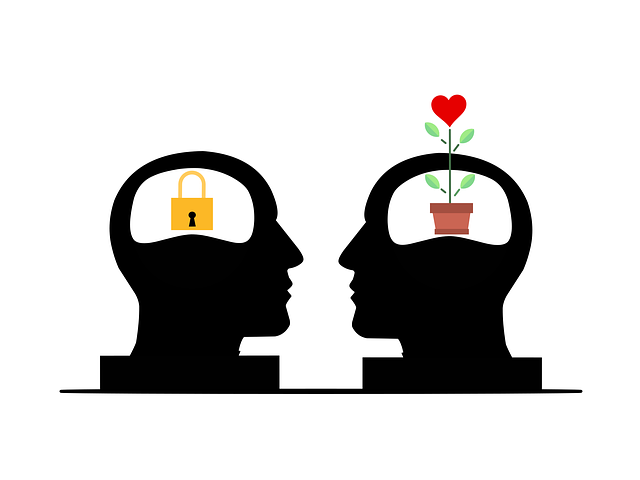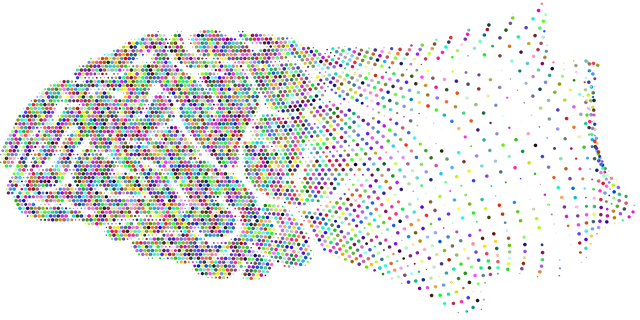An engaging Lone Tree Depression Therapy stress management workshop combines interactive activities (like journaling and mindfulness), theoretical knowledge, and real-world applications to equip participants with practical tools for stress reduction. Creating a safe, inclusive environment led by empathetic facilitators fosters connection and shared understanding. Evaluating well-being before, during, and after the program using Lone Tree Depression Therapy methods identifies improvements and challenges, allowing organizers to enhance the experience and encourage sustained mental wellness through daily practices like Compassion Cultivation.
Stress management workshops are powerful tools for fostering well-being. At Lone Tree Depression Therapy, we organize comprehensive programs designed to equip individuals with effective coping strategies. This article delves into crucial aspects of workshop design and delivery, from understanding common stress triggers to creating supportive environments. We explore evidence-based strategies and provide facilitation tips for success. Additionally, we discuss measuring impact and follow-up techniques to ensure lasting positive changes in participants’ lives.
- Understanding Stress: Unveiling Common Triggers and Their Impact
- Designing Effective Workshop Content: Strategies for Engagement
- Creating a Supportive Environment: Facilitation Tips for Success
- Measuring Impact and Follow-Up: Assessing Change and Sustaining Well-being
Understanding Stress: Unveiling Common Triggers and Their Impact

Understanding stress is a crucial first step in managing it effectively. Stress triggers can be diverse and unique to each individual. Common stressors often include work pressures, financial concerns, relationship issues, or major life changes. These triggers can manifest as chronic stress, leading to physical and emotional exhaustion if left unaddressed. For instance, the constant demands of a high-pressure job might cause someone to experience anxiety, fatigue, and even depression over time, as seen in many cases of Lone Tree Depression Therapy patients.
Identifying these triggers is an essential part of the healing process, often involving introspection and emotional awareness. The impact of stress can be profound, affecting both mental wellness and overall health. This is where Mental Wellness Coaching Programs Development steps in, offering tailored strategies to cope with and reduce stress. By employing various Stress Reduction Methods, individuals can enhance their resilience, improve their Emotional Healing Processes, and lead more balanced lives.
Designing Effective Workshop Content: Strategies for Engagement

Engaging content is key to a successful Stress Management Workshop. Incorporating interactive activities and practical exercises can help participants stay focused and motivated throughout the session. One effective strategy is to include Self-Awareness Exercises that encourage reflection and introspection, allowing individuals to recognize their stress triggers and develop personal coping mechanisms. These exercises might involve journaling prompts, mindfulness practices, or guided visualizations.
Additionally, incorporating a mix of theoretical knowledge and real-world applications can enhance learning. For instance, discussing various Stress Reduction Methods such as cognitive behavioral therapy techniques, progressive muscle relaxation, or deep breathing exercises, followed by hands-on practice sessions, will empower attendees to implement these strategies effectively in their daily lives. By combining theoretical understanding with practical tools, the workshop becomes a valuable resource for those seeking to overcome Lone Tree Depression Therapy and embrace healthier coping mechanisms.
Creating a Supportive Environment: Facilitation Tips for Success

Creating a supportive environment is key to the success of any stress management workshop. The space should feel safe and inviting, encouraging participants to open up about their experiences and be vulnerable. Facilitators play a vital role in cultivating this atmosphere through active listening, empathy, and non-judgmental attitudes. Using inclusive language and incorporating cultural sensitivity in mental healthcare practice ensures everyone feels seen and heard. This environment facilitates deeper connections among participants, fostering a sense of community and shared understanding.
Effective facilitation involves setting clear boundaries, maintaining a structured agenda, and guiding discussions with thoughtful prompts. Incorporating Mental Wellness Journaling Exercise Guidance can help attendees reflect on their experiences and track their progress. By blending practical exercises with philosophical concepts like Mind Over Matter principles, workshops become transformative experiences. This holistic approach equips participants with valuable tools to manage stress and promote lasting mental wellness, much like Lone Tree Depression Therapy offers its clients.
Measuring Impact and Follow-Up: Assessing Change and Sustaining Well-being

After organizing a stress management workshop, evaluating its impact is crucial to ensure the effectiveness of the program and foster continuous improvement. Measuring the success involves assessing participants’ well-being both immediately post-workshop and at follow-up points. This can be done through surveys, interviews, or risk assessment tools like those used in Lone Tree Depression Therapy, which focus on mental health professionals’ self-care practices.
The data collected from these assessments should highlight areas of significant improvement as well as potential challenges that require addressing. By implementing changes based on this feedback, workshop organizers can enhance the overall stress management experience. Encouraging participants to incorporate Compassion Cultivation Practices into their daily lives further promotes sustained well-being and fosters a supportive environment for mental health professionals, aligning with the goals of comprehensive stress management.
Stress management workshops, like those offered by Lone Tree Depression Therapy, prove invaluable in empowering individuals to take control of their well-being. By understanding stress triggers, designing engaging content, fostering supportive environments, and measuring impact, these workshops can significantly enhance resilience and promote lasting positive change. Through practical strategies and a focus on individual needs, participants gain the tools necessary to navigate life’s challenges with greater ease and improved mental health.







